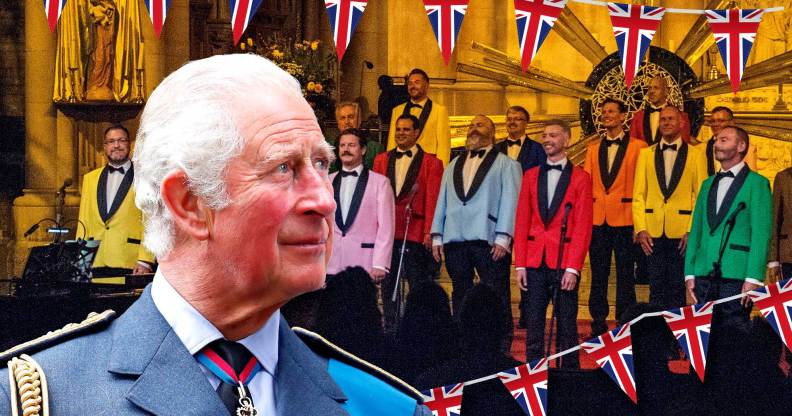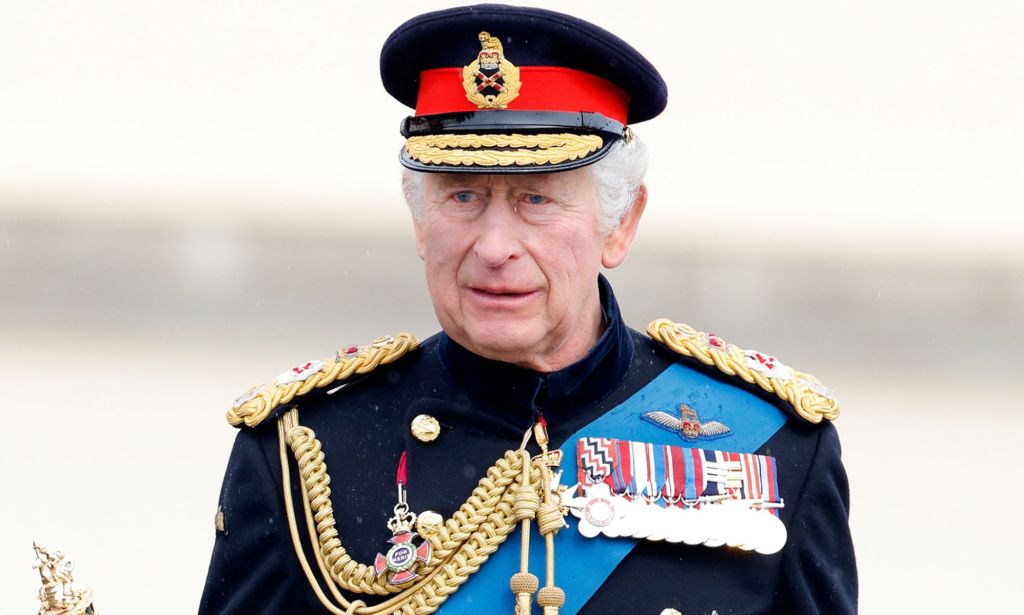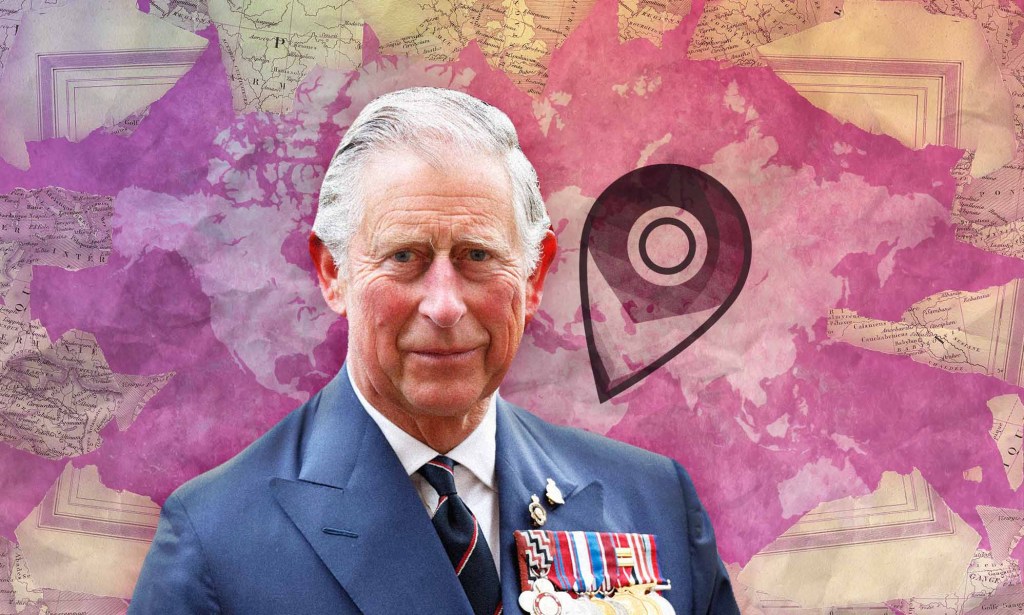Brighton gay choir ‘honoured’ to represent LGBTQ+ community at King’s coronation concert

The Actually Gay Men’s Chorus will perform during a Coronation Concert for King Charles III on Sunday, 7 May. (Getty/Actually Gay Men’s Chorus)
A gay men’s choir from Brighton says it will relish the “once-in-a-lifetime opportunity” to represent the LGBTQ+ community at the King’s coronation concert this weekend.
Brighton & Hove’s Actually Gay Men’s Chorus are set to take to the stage at Windsor Castle on Sunday night (7 May) as part of a ‘coronation choir’ made up of diverse amateur singers including refugees, NHS workers and deaf singers.
Gavin Bennett, Chairman of the Actually Gay Men’s Chorus, said the group were “thrilled and honoured” to have been selected to join the coronation choir, which will also be the subject of a documentary telling the inspiring stories of its members.
“This is a once-in-a-lifetime opportunity for our choir to showcase our talent on a national stage and to represent the vibrant LGBTQ+ community in Brighton and Hove,” Bennett said in a statement.

He continued: “We are proud to be part of such a supportive and welcoming community in Brighton and Hove.
“Our choir is a reflection of the diversity and inclusivity that makes this city so special, and we are honoured to have the opportunity to represent our community at such a prestigious event.”
Founded in 2005, Actually Gay Men’s Chorus welcomes members of varied ages and backgrounds “who share a passion for music and a commitment to promoting inclusivity and diversity”, according to the group.
The choir, which will follow its appearance at the King’s coronation concert with its own ‘Sussex By The Sea’ performance dates on 23 and 24 June, has previously raised money for Brighton-based charities including youth homelessness support service the Clock Tower Sanctuary and mental health service MindOut.

Sunday’s coronation concert, which is expected to be attended by 10,000 people and will be broadcast to the nation on BBC One and iPlayer from 8pm BST, will also feature appearances and performances from stars including Katy Perry, Take That, Tom Cruise, Dame Joan Collins, Nicole Scherzinger and Winnie the Pooh.
The event will take place the day after the the coronation of King Charles III and his wife Queen Consort Camilla at Westminster Abbey on Saturday (6 May), eight months after the death of Queen Elizabeth II.
The late Queen’s 70-year reign saw transformative changes in the UK, including major laws that advanced LGBTQ+ rights such as the partial decriminalisation of homosexuality in 1967 and the Marriage (Same Sex Couples) Act in 2014.
Like Queen Elizabeth before him, King Charles has avoided publicly commenting on LGBTQ+ rights.
Same-sex relations remain illegal in many countries once colonised by Britain and which now form the Commonwealth, of which King Charles is the head. One such country is Uganda, whose parliament recently passed an Anti-Homosexuality Bill that would make simply identifying as LGBTQ+ a criminal offence.

Abbey Kiwanuka, a Ugandan activist who has been living in the UK for 20 years, recently told PinkNews that Britain “introduced its way of life” to Uganda when it colonised the country – and it never tried to fix the mess it left behind.
“Homosexuality was still a criminal offence in England so they tried to export it to their colonies wherever they went and Uganda of course was one of them,” he said.
Despite King Charles’ lack of public comment on LGBTQ+ issues, in 2019 his son and daughter-in-law, Prince Harry and Meghan Markle, became the first members of the British royal family to publicly celebrate Pride Month.
A post shared to the couple’s social media accounts paid tribute to the LGBTQ+ community, reading: “We stand with you and support you Because it’s very simple: love is love.”
The King’s Coronation Concert airs at this Sunday 7 May at 8pm BST on BBC One and BBC iPlayer. It will also be available to listen to on BBC Radio 2 and BBC Sounds.

